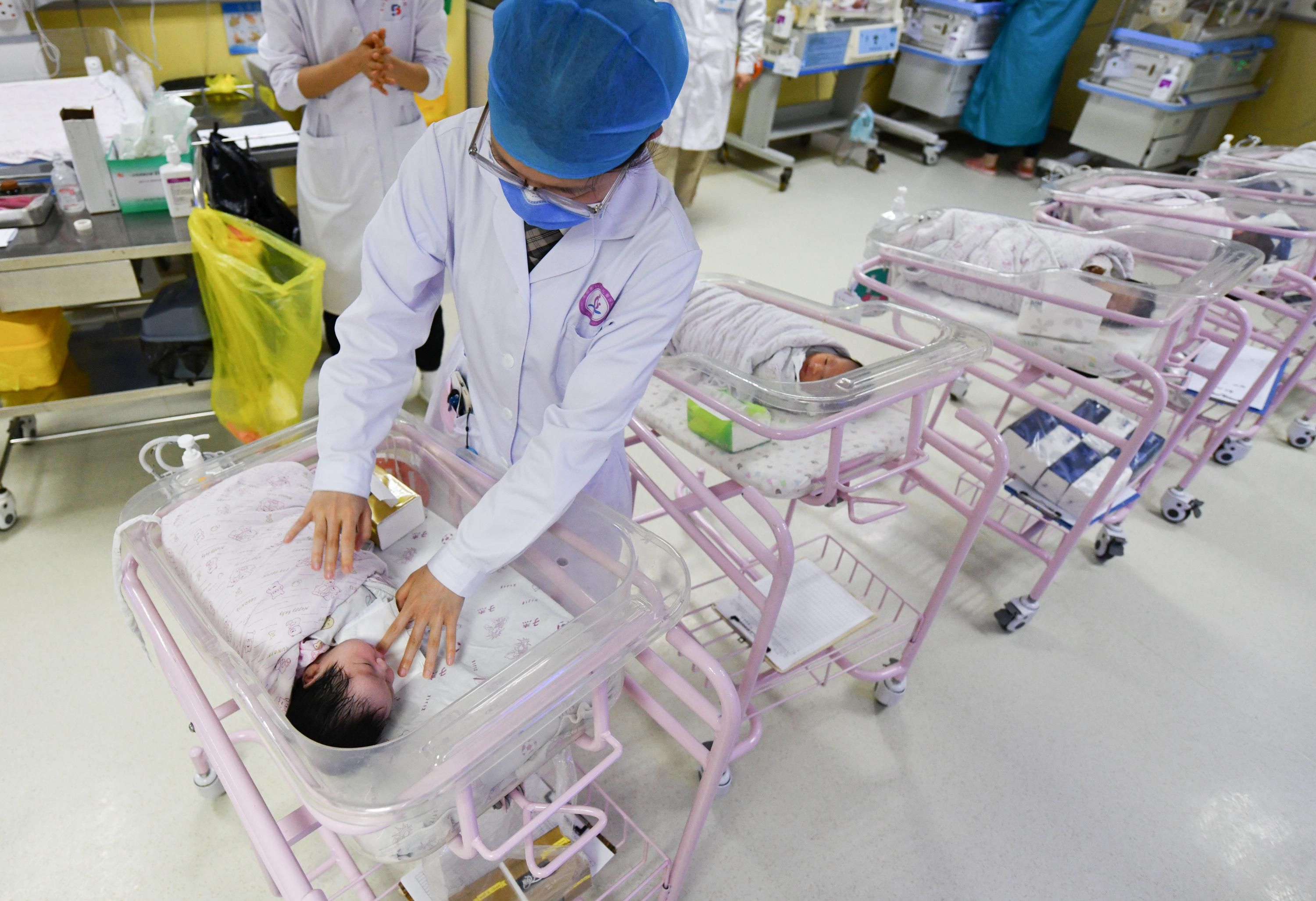Hard Numbers: Chinese birth rates dip, Hong Kong culls hamsters, Barbados’ snap vote, Colombian leaders targeted
7.52: Birth rates in China dropped to a record low 7.52 per 1,000 people in 2021, down from 10.41 in 2019. This comes as the Chinese Communist Party is trying very hard to boost birth rates to revive a slowing economy.
2,000: Hong Kong’s agriculture department has asked pet store owners to hand in about 2,000 hamsters to be culled after a dozen of the rodents – which came from the Netherlands – tested positive for COVID-19. Most scientists say that in most cases, animals can’t infect humans.
145: At least 145 activists, including indigenous leaders and trade unionists, were killed in Colombia in 2021 amid ongoing fighting between warring militant groups. That’s down from 1,832 the year before, according to a new report by the country’s ombudsman. Most of the killings occurred in areas where drug trafficking is rife.
1: Barbados will hold its first election since becoming a Republic and ditching the Queen as head of state late last year. Mia Motley, the island's first female prime minister, is vying to win a second term.
